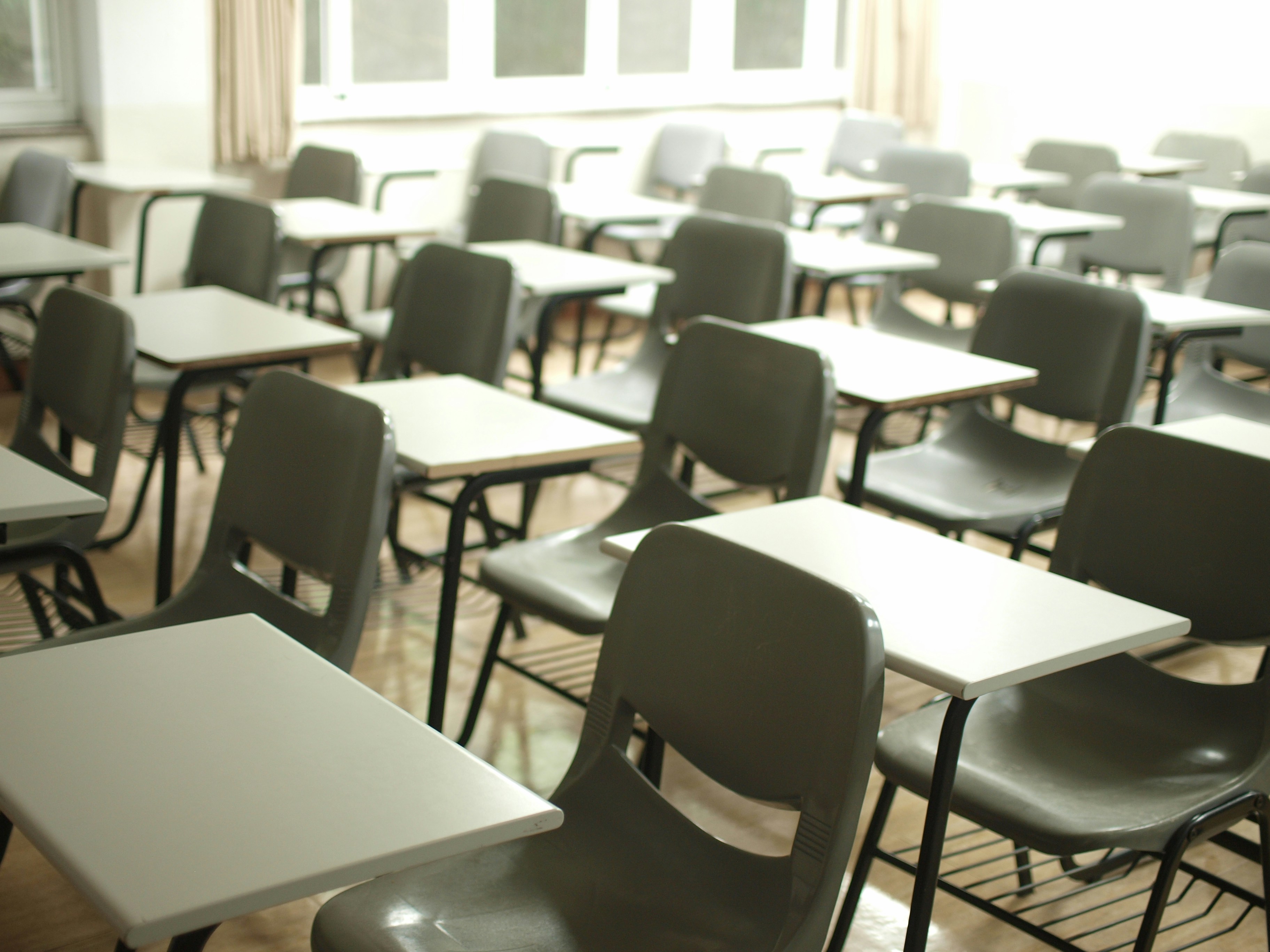Successfully Managing the Return of Ofsted Inspections
What to expect and how to prepare for when Ofsted come to your school or academy.
Despite the absence of two years’ worth of performance data and the ongoing impact of Covid-19, the start of the Autumn term 2021 still marked the return to inspection ‘business as usual’ for Ofsted. Although the current Spring Term situation remains fluid due to Covid-19 and the DfE have suspended all inspections for at least the first week of January 2022, it seems they will continue as soon as it is deemed safe to do so.
In his article in the last edition of Compliance Matters, Martin Cain provided a number of useful pointers to help schools to successfully negotiate the safeguarding elements of inspection against the backdrop of the changes to ‘Keeping Children Safe in Education and the Ofsted review into sexual abuse in schools and colleges. Now, with the impending return of inspections upon schools again, here Martin offers a number of useful Q&As for some of the wider aspects of the inspection process.
Q. When can schools expect an inspection?
A. As the vast majority of routine inspections were suspended due to the Pandemic, the Inspectorate is facing a backlog in its usual cycle and will be seeking to make this up. In addition to this, the removal of the exemption for outstanding schools means that an even greater number should expect an inspection soon. For a school that has not already been inspected in the 2021 Autumn term, in practical terms this means that regardless of whether it was due an inspection from March 2020, is due this academic year or is an outstanding school that is no longer exempt, the inspection could fall any time from January 2022 to the summer of 2023.

Q. What is the best way to prepare for an inspection?
A. Despite the possible timeframes for inspection provided above it remains impossible to pinpoint exactly when a school will be inspected as it will often depend on its individual context and a disproportionate amount of time should not be spent on this; a much better use of time and resources is to focus on the ongoing impact of the pandemic on students' learning, wellbeing and the steps that need to be taken to mitigate these.
The best way to 'prepare' for an upcoming inspection is to ensure that schools maintain a rigorous, robust and ambitious curriculum that is meeting the current needs of its students, bearing in mind the differential impact of the pandemic on them.

Q. Will Ofsted’s expectation be that schools will have ‘caught up’ the curriculum?
A. Schools should avoid falling into the trap of galloping through the curriculum as a means of helping students to catch up; instead of this a focus should be retained on the core knowledge and skills that students need in each subject and ensuring these are fully understood before moving on. Inspectors will be sympathetic towards schools who can demonstrate valid reasons for prioritising and sequencing some aspects of the curriculum over others in their efforts to deliver curriculum recovery. Schools might be able to identify these by posing themselves the following questions:
1. What content, knowledge and skills have not been taught to each year group due to the Pandemic? 2. Are there areas that may be less firmly embedded due to the Pandemic? 3. How do we identify gaps in learning and knowledge through low-stakes assessment? 4. How do we prioritise content for progression, and sequence this to have maximum impact? 5. How do we adapt curriculum maps in light of the above?
Q. Has the Education Inspection Framework (EIF) Changed?
A. The key element of the Framework remains the judgement on the quality of education. However, schools should be aware that the emphasis in inspection reports to March 2020 on areas such as the length of key stages and English Baccalaureate entry rates may change, with schools now being asked: 1. How are you assessing and addressing lost learning? 2. How are you adapting the curriculum to the needs of students? 3. What is your planning for further disruption that will allow you to maintain the same quality of education? Schools should be clear that the underlying principles remain the same and must be able to clearly demonstrate how: 1. They are teaching a broad, balanced and ambitious curriculum for all students. 2. The curriculum is appropriately sequenced at individual subject level in a way that helps students learn and remember more. 3. Gaps in learning are addressed through the curriculum.
Q. What approach will Ofsted take to data?
A. No performance data for KS2, KS3 and KS5 will be produced or used in the Inspection Data Summary Report (ISDR) for 2019-2020 or 2020-2021. Inspectors will not have access to any performance data, including data that schools may have worked out themselves and shared publicly during these periods of time.
Internal data such as mock or shadow performance measures, for example Progress 8, will also not be taken into account.

For secondary schools, sixth forms and FE colleges, inspectors will have data about qualification entries and destinations. The EIF focuses on what is happening in the school at the time of the inspection and schools should be able to discuss and evidence the impact of provision on young students, and devise different ways of demonstrating this for the past two years.
